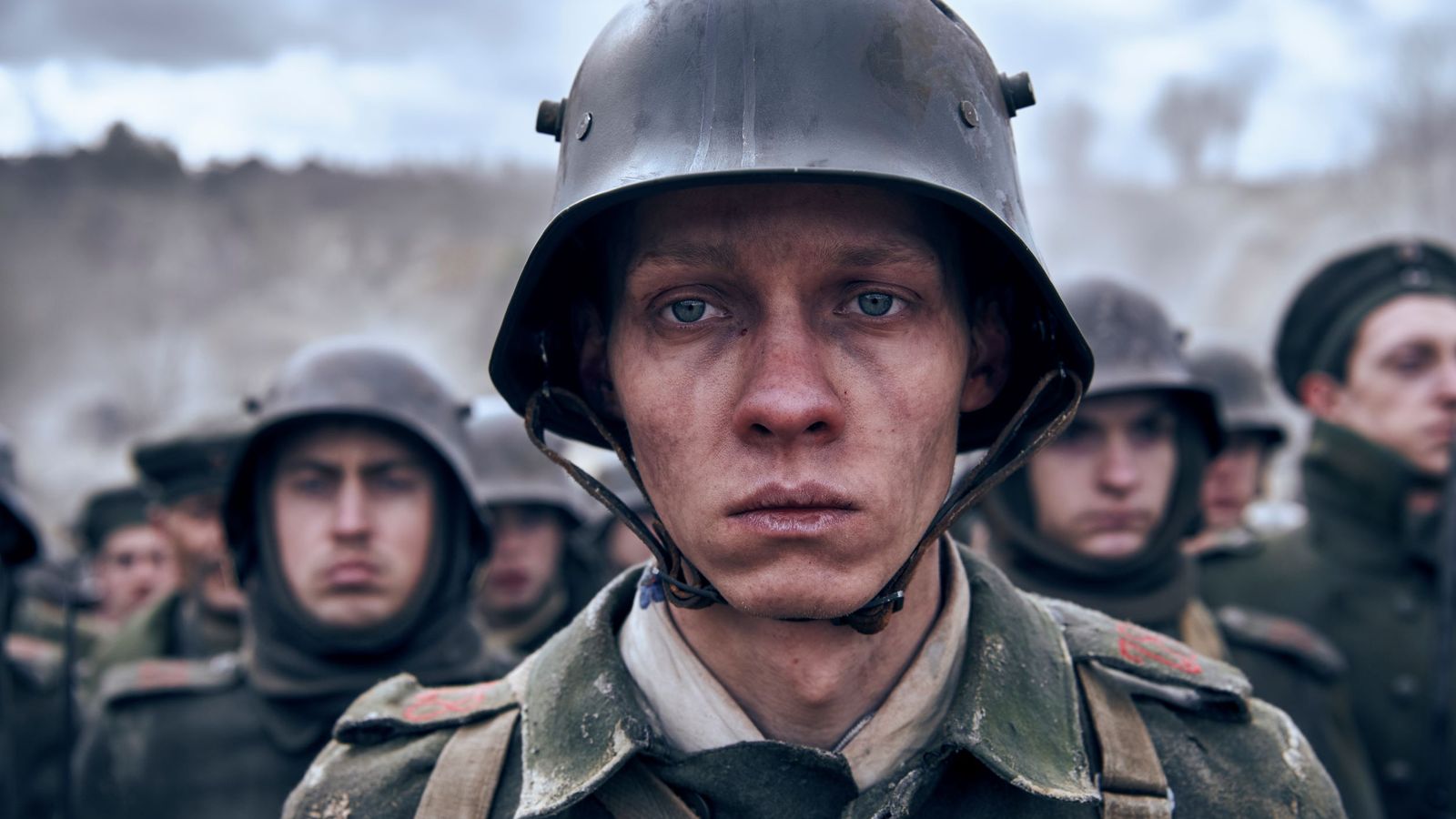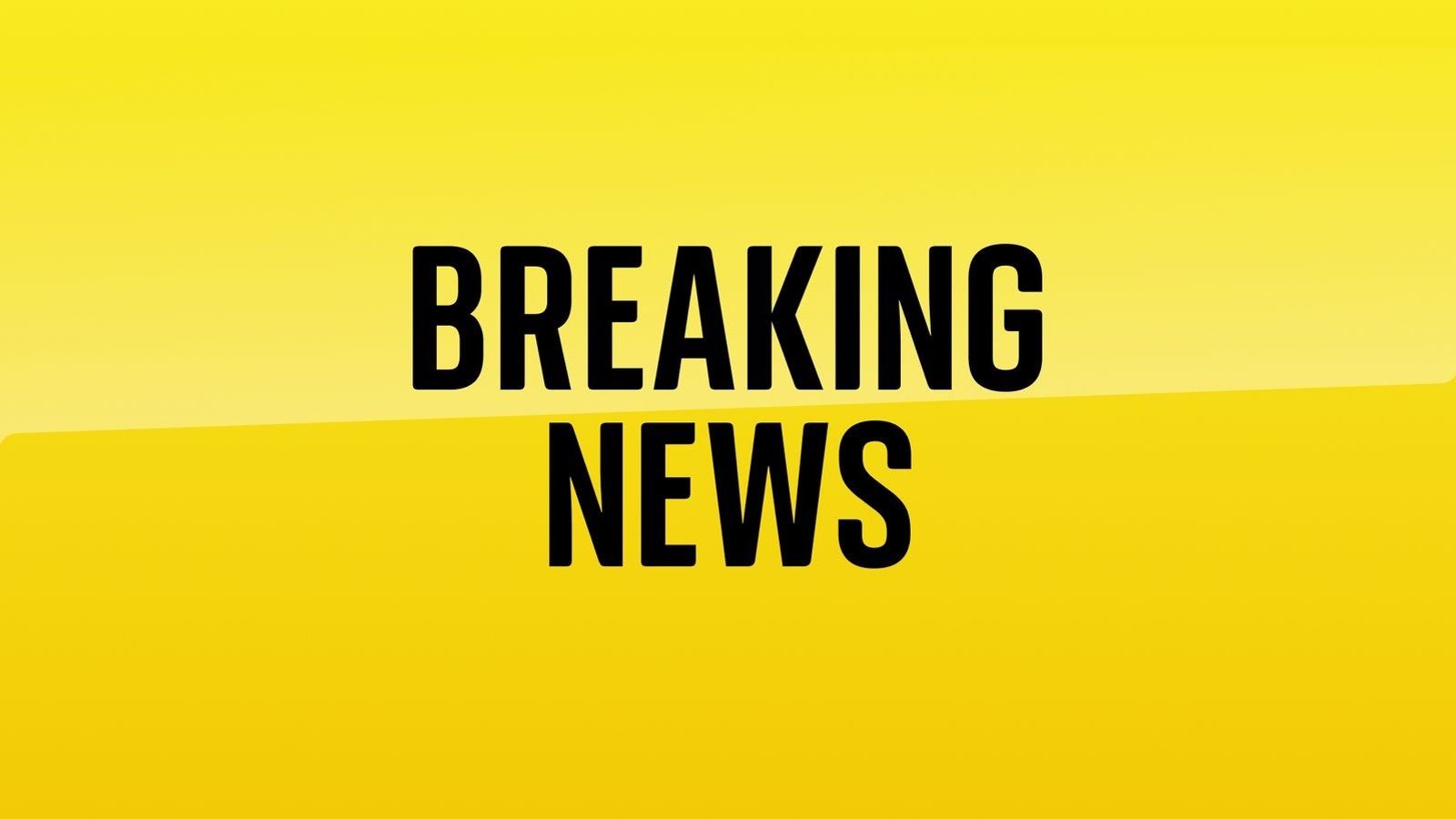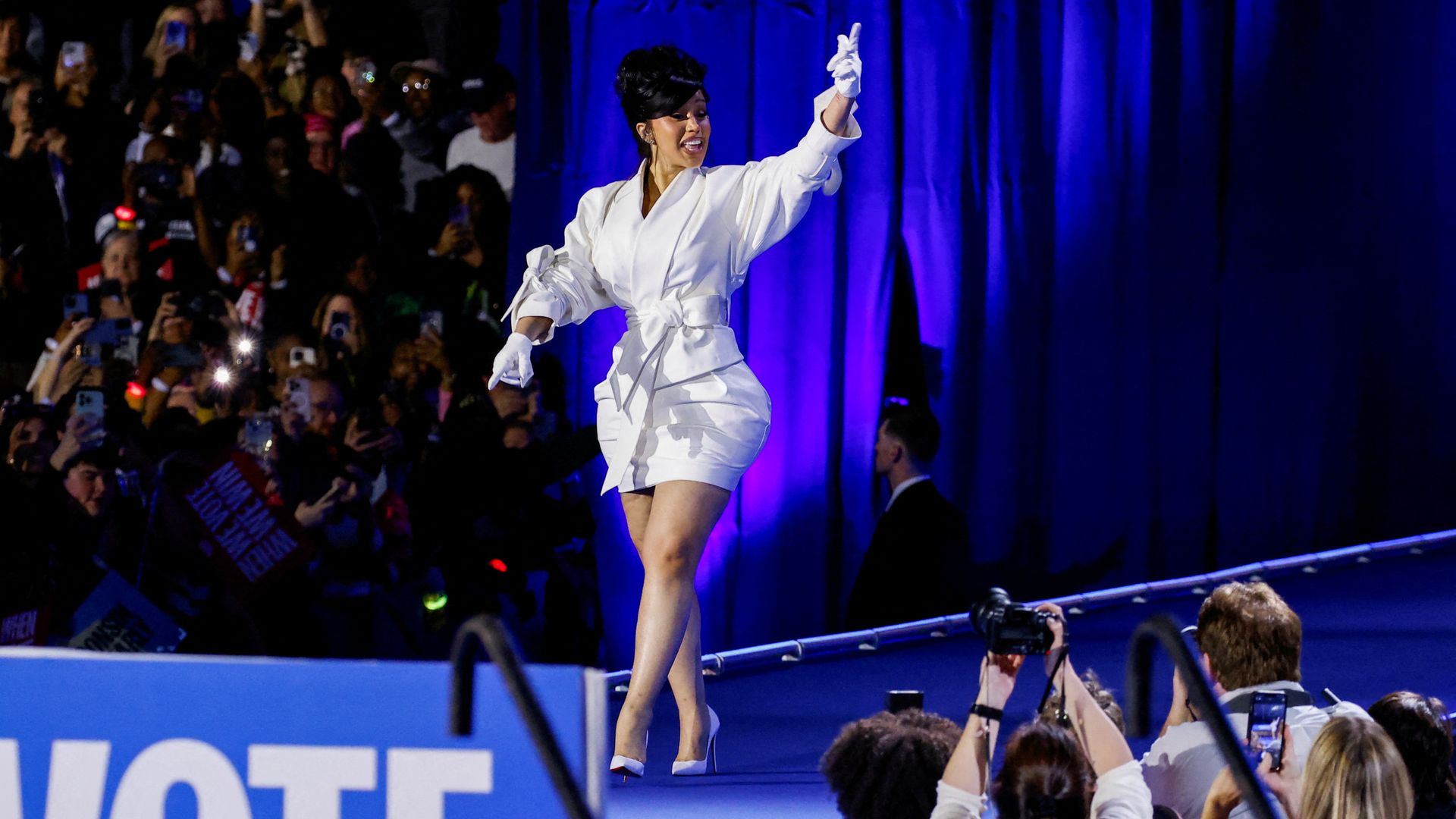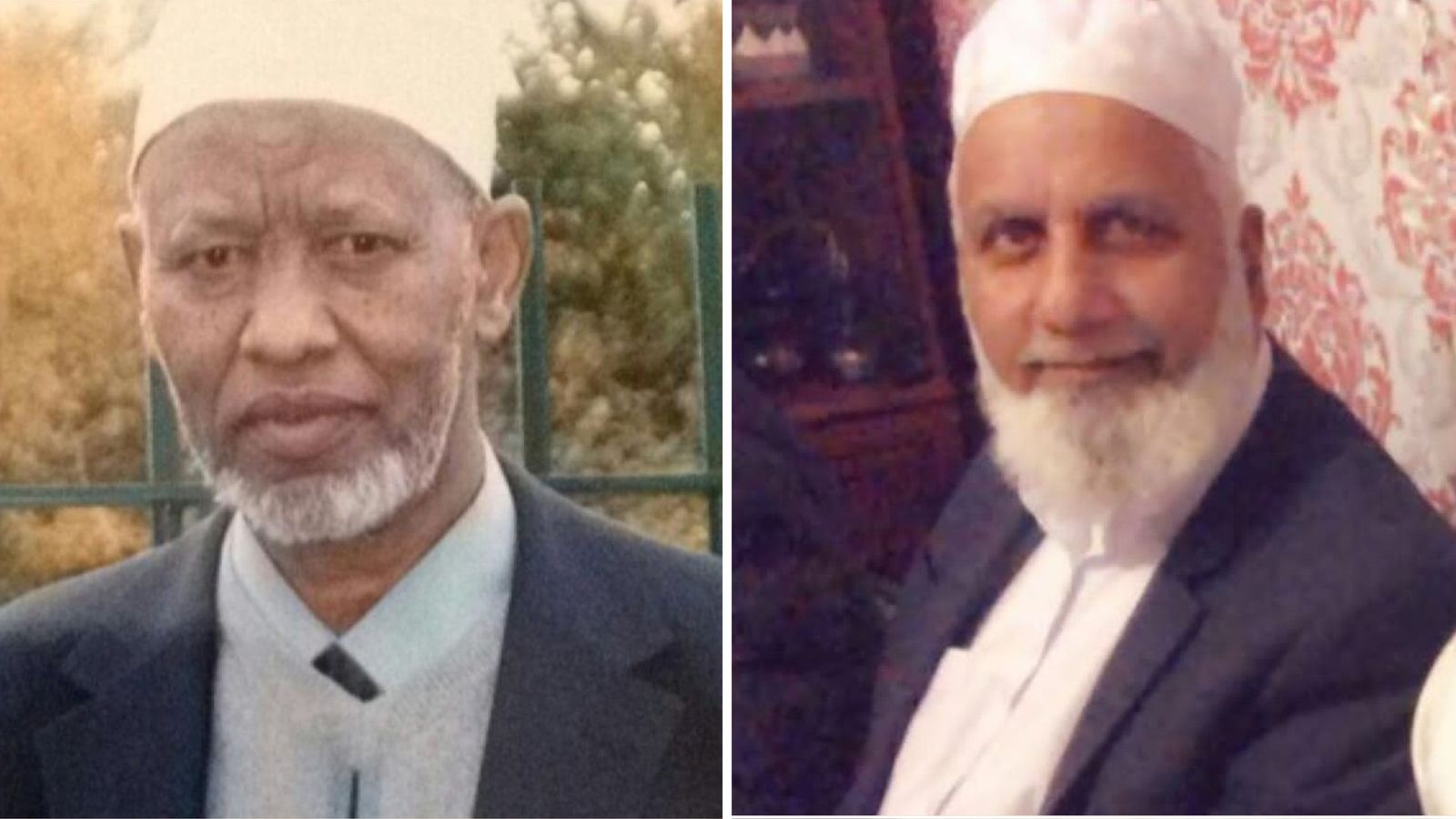All Quiet On The Western Front has followed up its BAFTA promise, leading the wins on the night with seven awards – including top prizes for best film and best director.
The Netflix anti-war epic movie had led the BAFTA nominations with 14, equalling the record set in 2001 by Crouching Tiger as a non-English language film with the most nods.
This means it has broken the record for the highest number of Baftas for a foreign language film, which was previously held by Italian coming-of-age drama Cinema Paradiso, which claimed five in 1988.
Edward Berger’s reworking of Erich Maria Remarque’s 1928 novel of the same name, also won film not in the English language; adapted screenplay; cinematography; original score and sound.
The film’s director Edward Berger told Sky News: “Best director is the one I never thought would work. It’s a German movie, for Christ’s sake!”
Martin McDonagh’s Irish tragi-comedy The Banshees Of Inisherin – which tells the tale of male friendship gone sour – took four gongs, as did Baz Luhrmann’s whirlwind biopic Elvis, about the king of rock and roll.
Austin Butler took best actor, for his portrayal of Elvis, who died prematurely aged 42 in 1977. The emotional star paid tribute to the Presley family as he accepted his award.
BAFTA Film Awards 2023: The full list of winners
‘Every rejection has led you to this moment’: The road to a BAFTA nomination
BAFTA Awards 2023 news – latest updates: All Quiet On The Western Front the big winner with seven gongs – including best film
Elvis’s only daughter, Lisa Marie Presley, died last month aged just 54.
Cate Blanchett took the best actress award, calling the role of monstrous maestro Lydia Tár, “dangerous and potentially career ending”.
Becoming emotional towards the end of her speech, she paid tribute to her family – listing her mother and four children – who she said had to put up with her absence for long periods of time while she was working on the movie.
The Banshees of Inisherin saw a double win in the supporting actor and actress categories, with Kerry Condon and Barry Keoghan taking the prizes.
Condon’s win followed a brief mix up, when a mis-communication between the sign language translator and deaf Oscar-winning actor Troy Kotsur saw Carey Mulligan initially announced as the winner.
Read more:
As it happened: BAFTA Awards 2023 live from the Southbank
How to watch all the BAFTA nominated films
With the translator quickly correcting himself, the ceremony soon got back on track, with Condon thanking the cast, her horses and dogs for the win.
Multiverse sci-fi Everything Everywhere All At Once, indie hit Aftersun, James Cameron blockbuster Avatar: The Way of Water and 1920s Hollywood love-letter Babylon all took once gong a piece.
For the first time, this year’s awards were held at the Queen Elizabeth Hall on the Southbank in London.
The night was hosted by actor Richard E Grant, who led the show from the auditorium, and This Morning presenter Alison Hammond who spoke to the stars in a new BAFTA studio, giving viewers at home an access-all-areas experience of one of the biggest nights in film.
For the first time in BAFTA history, four of the night’s 25 categories were broadcast live – meaning those in the auditorium got to hear the biggest winners at the same time as the viewing public, most likely prompted by the show’s bosses striving to stay relevant in a landscape of ever-declining award show audiences.
There were live performances from US actress Ariana DeBose, London-born rapper Little Simz and musician Dylan.
Prince and Princess of Wales attended, and Oscar-winning actress Helen Mirren led a tribute to the late Queen.
In the best director category Gina Prince-Bythewood, who directed The Woman King, was the sole female representative, but she failed to take the prize which went to Edward Berger for All Quiet on the Western Front.
While men dominated the BAFTA Film shortlist, and no female-directed films made it into the best film category, the outstanding debut by a British writer, director or producer category was an all-female shortlist of talent. The writer and director of Aftersun, Charlotte Wells, took that award.
Ahead of the ceremony, BAFTA CEO Jane Millichip said there was “no timeline” for making a decision on gendered categories as they want to get it right, and they are currently consulting with organisations like GLAAD (Gay and Lesbian Alliance Against Defamation).






